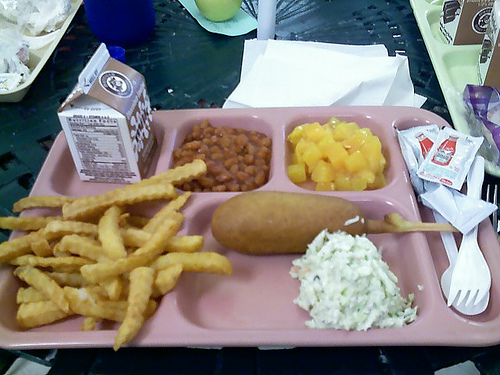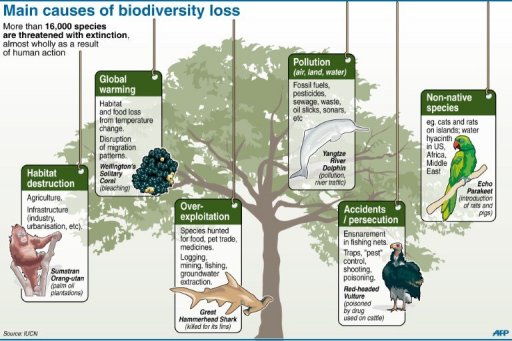- From Ancient Greeks
- Hippocrate 5th BC
- Plato 5th-4th BC
- Galen 2nd BC
- 13th AD
- Boorde 16th c AD
- Current
- Food preservation
- Food packaging
- Medicalisation of food
- Changing notion of food – reduced time spent eating & p
 reparing.
reparing.
Scientific Revolution 19th & 20th AD
- Populations increase with environmental impacts
- Loss of biodiversity
- Decline in soil nutrition
- Soil loss amongst others.
- Inproved food security
- reduced malnutrition in developing nations.
- Migration – expands food production capacity and variety
- Challenges include – food supply, ubanisation .
- Loss of indigenous culture
- Development of high yield varieties of cereal grains
- Development of irrigation infrastructure
- crop management techniques
- hybridized seeds
- synthetic fertilizers and pestisides.
Development in Nutrition Science
- 1800s (19th century) – Protein recognised as a key nutrient needed to suit the type of work.
- Energy – food measured for its energy
- Disease linked to Vitamin & mineral deficiency.
1900 (20th Century)
- Protein & energy identified as needed for health
- Dietary recognition of Vitamin rich foods as “Protective foods”
- Focus on balance of nutrients to maintain health
- Quantitative studies into diets
- nutrient requirements
- food consumption tables
- initially macronutrients
- nutrient requirements
- Dietary intake recommendations
1960 on wards
- Increased scientific research into diet-disease relationships
- development of evidence based practice
